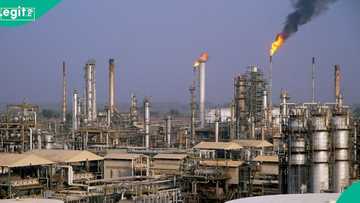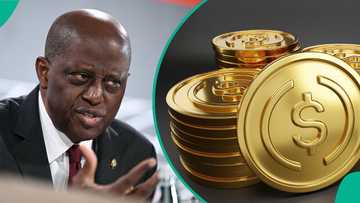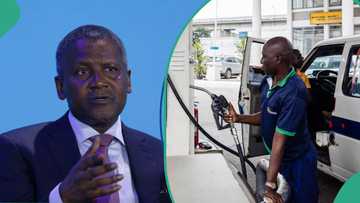Nigeria, Togo, Benin, Other West African Countries to Have Same Fuel Prices as Dangote Plans Upgrade
- West African nations, led by Nigeria, are moving toward a unified fuel pricing system in a bold push to reshape the region’s energy future
- The audacious plan aims to make West Africa energy self-sufficient, following the launch of the Dangote Refinery
- The move, inspired by the success of the Dangote Refinery, could mark the dawn of a self-sufficient West African energy market.
Pascal Oparada, a reporter for Legit.ng, has over ten years of experience covering technology, energy, stocks, investment, and the economy.
West African countries are moving toward a unified fuel pricing system in a historic step that could reshape the region’s energy landscape.
The development comes as Africa’s richest man, Aliko Dangote, finalizes plans to expand his Lagos-based refinery’s capacity from 650,000 to 1.4 million barrels per day (bpd), a move that positions Nigeria as the region’s new petroleum pricing powerhouse.
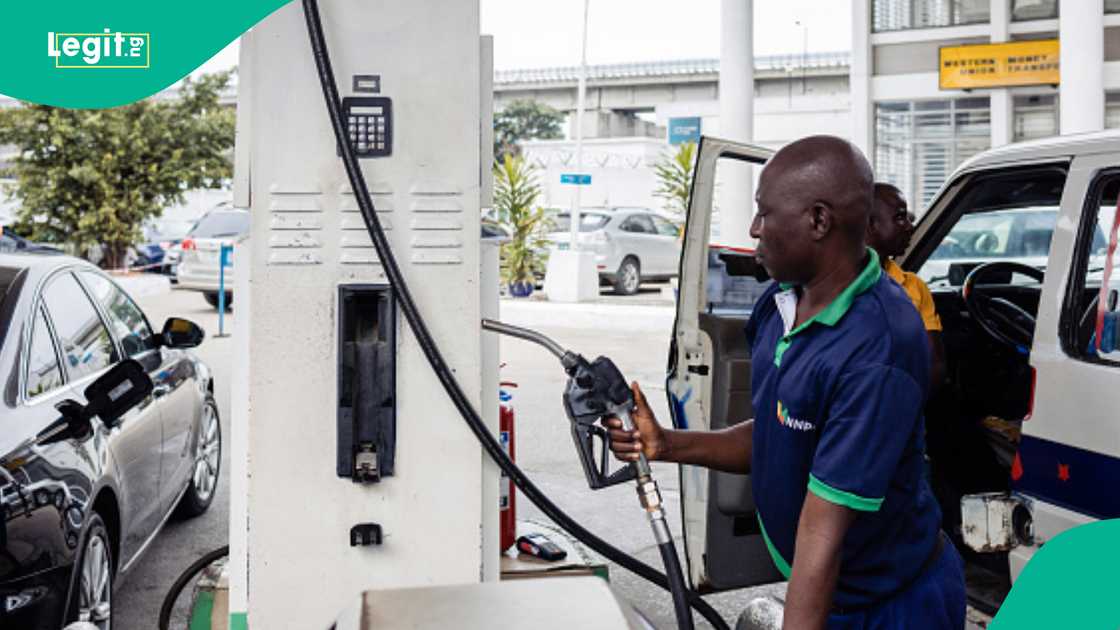
Source: Getty Images
Regulators agree on joint pricing framework
At the inaugural West African Refined Fuel Market Conference in Abuja, regulators from across the subregion agreed to harmonize pricing and quality standards for petroleum products.
The meeting, jointly organized by the Nigerian Midstream and Downstream Petroleum Regulatory Authority (NMDPRA) and S&P Global Commodity Insights, birthed the West African Regulators Forum and a Technical Working Group to coordinate policies, transparency, and market alignment.
The forum, co-supervised by the NMDPRA and the African Refiners and Distributors Association (ARDA), aims to bridge infrastructure gaps, curb currency distortions, and streamline tariffs and specifications across countries including Nigeria, Togo, Benin, Ghana, and Ivory Coast.
Fuel price: Creating transparent regional benchmark
A key outcome of the conference was the agreement to develop a transparent reference price for petroleum products, allowing West Africa to price from within the region rather than relying on European market signals.
The plan includes establishing regional trading and pricing hubs in Nigeria, expanding coastal storage capacity, and creating uniform quality standards for petrol (PMS), diesel (AGO), aviation fuel (ATK), and natural gas.
This initiative aligns with Dangote’s long-term vision to make Nigeria not just self-sufficient in refined products but also the export and pricing hub for the entire subregion.
With the refinery’s expansion to 1.4 mbpd, Nigeria could easily meet regional demand, reducing dependency on imports from Europe and Asia.
Incentives to deepen refining and market liquidity
To sustain this momentum, participants called for fiscal incentives to support both private and state-backed refineries, including modular plants emerging in Ivory Coast, Senegal, and Nigeria.
African banks were urged to provide structured financing for infrastructure, logistics, and digital trading platforms that would underpin the new pricing framework.
The newly formed technical group will track implementation to ensure the initiative translates from policy discussions to tangible projects and measurable milestones.
Nigeria set to become West Africa’s pricing nerve centre
NMDPRA Chief Executive Farouk Ahmed said the collaboration signals a decisive shift toward Africa controlling its own energy narrative.
“West Africa is ready to define its own pricing reality, not merely follow European spot markets,” he noted.
S&P Global’s Vera Blei pledged continued support to develop a West African benchmark similar to Platts Europe, ensuring price transparency and market credibility.
The regulators also agreed to institutionalize the Abuja conference as an annual event, designed to attract investment, strengthen trade, and drive regional energy integration.
A new era for Africa’s energy independence
As Dangote’s refinery ramps up operations and plans its capacity upgrade, Nigeria’s leadership in regional fuel pricing appears inevitable.
The convergence of policy alignment, infrastructure investment, and industrial expansion signals that West Africa’s dream of a unified petroleum market is finally transitioning from vision to reality, anchored by Nigeria’s growing refining power.
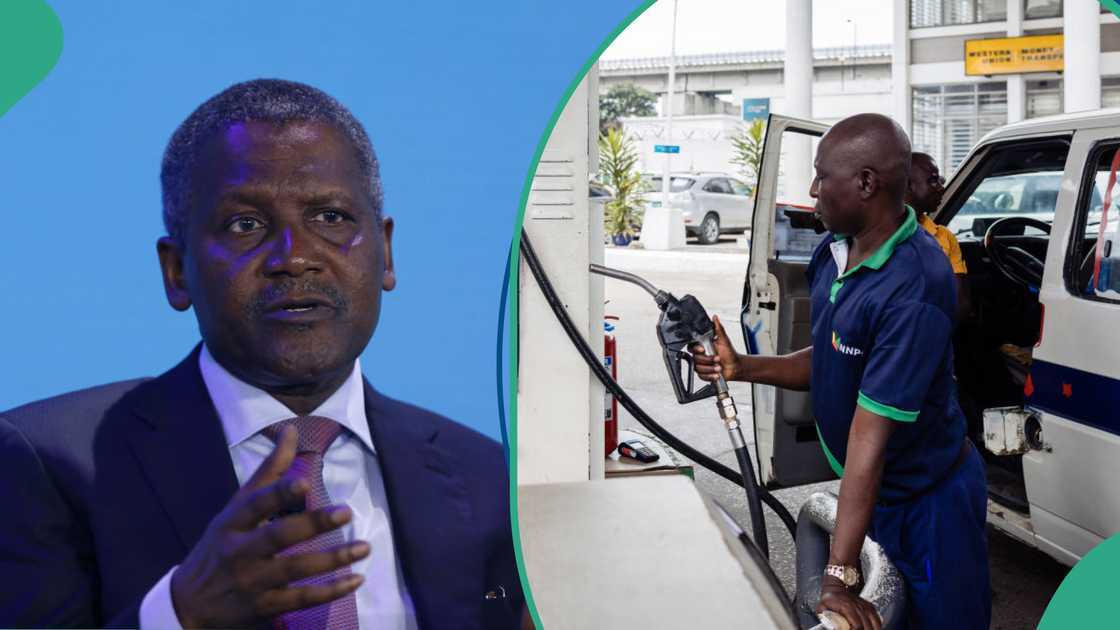
Source: Getty Images
NNPC Breaks Silence on New Petrol Price
Legit.ng earlier reported that the Nigerian National Petroleum Company Limited (NNPC Ltd) has clarified the reason behind the recent hike in petrol pump prices across its retail outlets nationwide, citing an increase in the ex-depot rate, the wholesale cost of fuel sold to marketers before retail markups.
In a statement released on Wednesday, Chief Corporate Communications Officer of NNPC Ltd, Andy Odeh, said the new pump prices reflect adjustments in the ex-depot price structure.
The ex-depot price represents the cost at which petrol leaves the refinery or storage depot before being distributed to marketers and retailers. It includes logistics and operational expenses but excludes transport, taxes, and retail margins.
Source: Legit.ng


